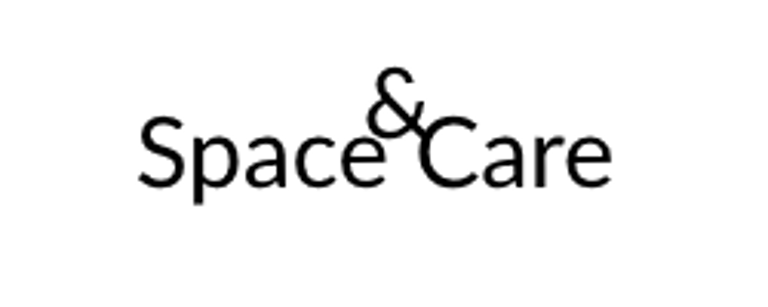Bring Back Reading: It's Healthcare that Fights 'Brain Rot'
Get back to the habit of reading and fight the "brain rot" trend that's happening today. Reading good books helps one to look beyond their own cares and to build skills and virtues overtime.
CARE
Nicole Lasam
1/18/20253 min read


Since the Internet connection and the capabilities of smart devices have improved over the years, it’s become pretty normal to have one’s eyes glued to the screen. Step out of the house and you’ll see commuters crossing the street with their phone in their hand (and headphones blasting in their ears); enter a café and you’ll see people with their computers, tablets, or phones on the table along with the day’s chosen brew. Meetings, dates, and family dinners, too, have become quieter, with people poinking at the tempered glass of their rectangular treasure. And this is just going to get worse!
It's no wonder that the Oxford English Dictionary chose “brain rot” as its Word of the Year for 2024. People consume too much “low-quality online content, especially on social media.” That’s why other social media-related words have cropped up as well: doom scrolling (describing how people use social media to kill time), clout chasing (describing how people do everything to go viral), and FOMO (describing that nagging feeling of not being in-the-know if one goes offline).
Stop scrolling!
Reading Charlie and the Chocolate Factory to my children, I wonder what the author Roald Dahl would have said of this smart device phenomenon. The song he wrote for the Oompa Loompas after Mike Teavee’s fiasco admonished too much television—and yet, by today’s standards of screentime, television seems quite benign. After all, with TV, you had to follow the program schedule; and once the show flashes its end credits, you’re forced to do something else.
So, what am I getting at? Let me pull out a portion of the song from Charlie:
So please, oh please, we beg, we pray,
Go throw your TV set away,
And in its place you can install
A lovely bookshelf on the wall.
Then fill the shelves with lots of books,
Ignoring all the dirty looks,
The screams and yells, the bites and kicks,
And children hitting you with sticks-
Fear not, because we promise you
That, in about a week or two
Of having nothing else to do,
They'll now begin to feel the need
Of having something to read.
And once they start — oh boy, oh boy!
You watch the slowly growing joy
That fills their hearts. They'll grow so keen
They'll wonder what they'd ever seen
In that ridiculous machine,
That nauseating, foul, unclean,
Repulsive television screen!
And later, each and every kid
Will love you more for what you did.
Why reading is good for you
Reading is good for the mind, because it encourages imagination, it teaches, and it helps us to empathize. For the younger ones, reading sharpens study skills and introduces new worlds and ideas. For the not-so-young, it opens up the heart to the dreams, joys, and sorrows of a shared humanity, making one (hopefully) less self-absorbed, and more understanding of others. Of course, it has to be good books—not just any book!
When it comes to choosing the good books, I suggest starting with the classics and reading reviews. Here’s a well-rounded list for Millennials from Mercatornet. Another suggestion is to have a book pal or join a book club, i.e. trusted people from whom you can borrow books so that reading does not have to break the bank.
Lastly, as I recall my childhood of reading all the titles I found interesting in the bookshelves at home, I remember the warning that others used to tell me: reading would give me eye strain, myopia, or even blindness (if you showered after reading, haha!). I suppose with the way screens are being used today, a little reading won’t hurt…
In fact, it might even be the headache remedy you need.
